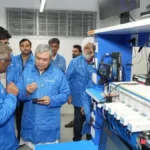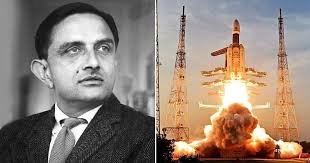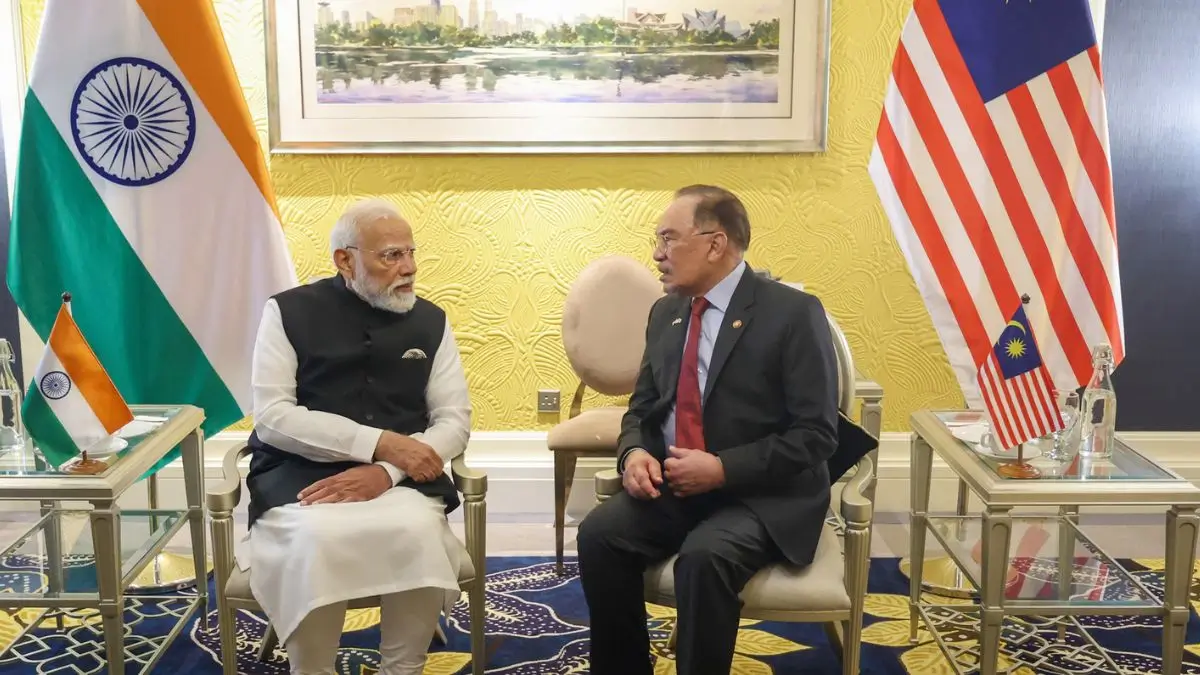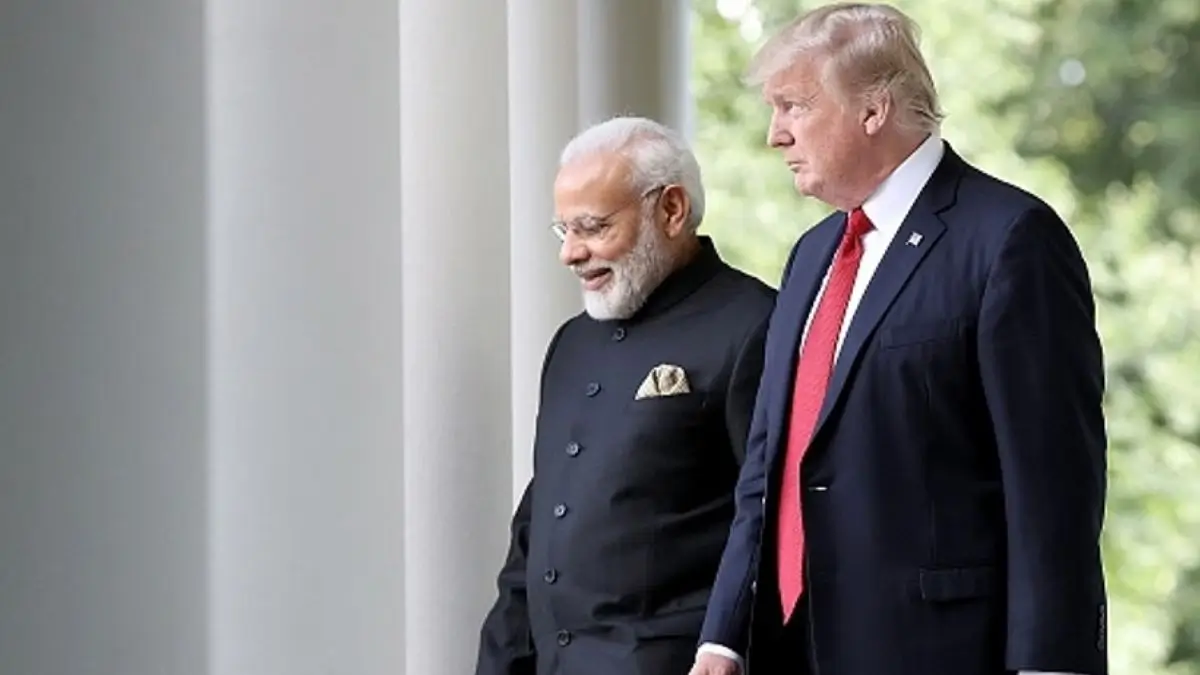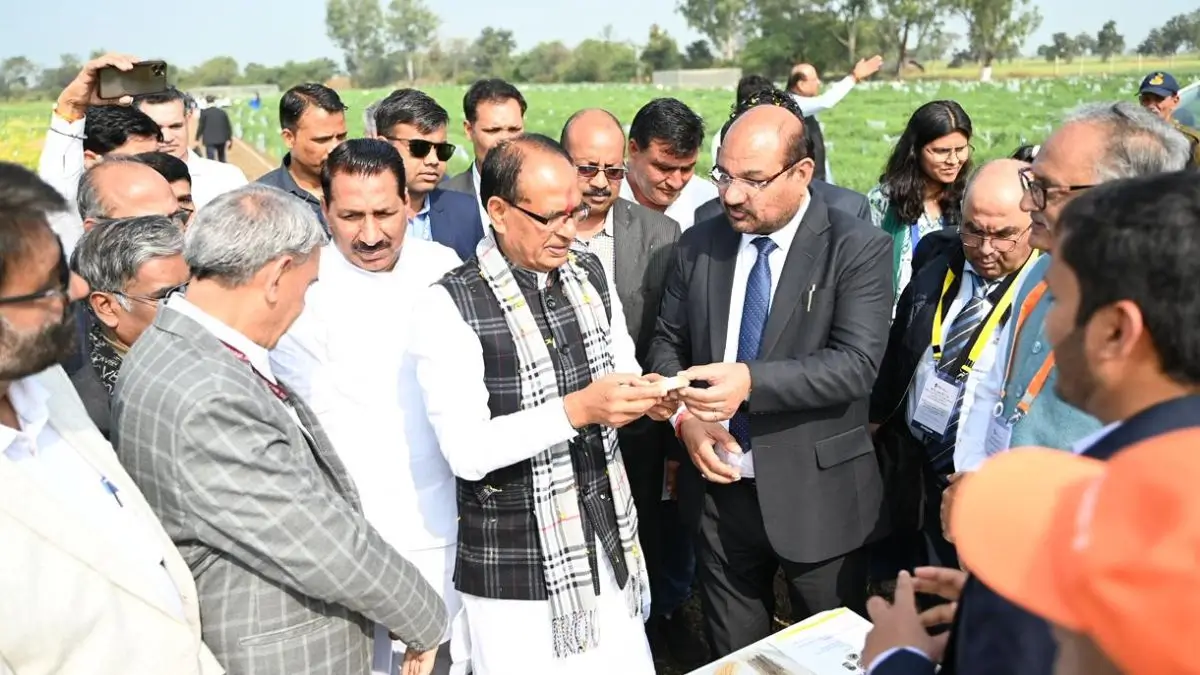The First Chairman of ISRO: Dr. Vikram Sarabhai’s Pioneering Role in India’s Space Program
India’s space journey owes much to the vision and leadership of Dr. Vikram Sarabhai, the first Chairman of the Indian Space Research Organisation (ISRO). He was instrumental in establishing ISRO in 1969, setting the stage for India’s space exploration ambitions. As a visionary scientist and an advocate for the use of space technology in improving societal welfare, Dr. Sarabhai’s contributions were foundational in shaping the country’s space capabilities.
Dr. Vikram Sarabhai’s Leadership in the Formation of ISRO
Dr. Sarabhai’s tenure as the Chairman of ISRO from its inception was a crucial period in the organization’s development. Under his leadership, ISRO undertook its first major satellite launch, Aryabhata, in 1975, a significant achievement that placed India on the global space map. His emphasis was not only on scientific achievement but also on using space technology to address pressing national issues, such as communication and meteorology.
The Vision of Using Space Technology for Societal Welfare
One of the most remarkable aspects of Dr. Sarabhai’s leadership was his belief in the potential of space research to benefit society. He envisioned using space applications for agricultural development, rural communication, and education. His foresight led to the establishment of programs that continue to serve critical needs, such as the Indian National Satellite System (INSAT), which provides communication services and disaster management capabilities across India.
Dr. Sarabhai’s Legacy and Impact on India’s Space Ambitions
Dr. Vikram Sarabhai’s legacy continues to resonate in ISRO’s global reputation today. His role as a mentor to many future leaders in space science and technology shaped ISRO into the leading space agency it is. Under his leadership, ISRO laid the foundations for future space exploration missions, including those to the Moon and Mars. His vision turned India into a nation that now conducts space missions that rival the world’s most advanced space programs.
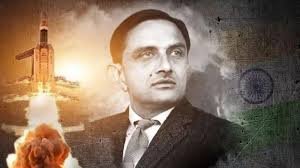
Why This News Is Important: The Role of ISRO’s First Chairman in National Development
Dr. Vikram Sarabhai’s Pioneering Role
Dr. Vikram Sarabhai’s contributions were not only in the field of space research but also in using space technology for national development. His leadership and vision helped position India as a global player in the field of space technology, fostering national pride and technological advancement.
Impact on India’s Technological Evolution
Under Dr. Sarabhai’s leadership, ISRO became a catalyst for India’s technological development. His initiatives laid the foundation for India’s self-reliance in space technology. This growth has led to numerous achievements, such as the Chandrayaan and Mangalyaan missions, reinforcing India’s status in space research.
A Vision for Global Cooperation and Peace
Dr. Sarabhai’s vision extended beyond national boundaries. He advocated for the peaceful use of space and believed that India’s space capabilities should be used for the collective benefit of all. His approach to space exploration emphasized international cooperation, making India a key player in global space collaborations.
Historical Context: The Birth of ISRO and India’s Early Space Missions
India’s space journey started with humble beginnings in the early 1960s when Dr. Sarabhai recognized the potential of space technology. His efforts led to the formation of the Indian National Committee for Space Research (INCOSPAR) in 1962, which later became ISRO. The first satellite launch, Aryabhata, in 1975 marked a historic milestone. This event signaled India’s entry into space exploration and was a testament to the visionary leadership of Dr. Sarabhai.
Over the years, ISRO’s capacity grew under Dr. Sarabhai’s leadership. The establishment of satellite communication networks, advancements in weather forecasting, and the growth of India’s satellite launch capabilities laid the groundwork for India’s self-reliance in space technology. The success of ISRO’s space missions today can be directly attributed to the early pioneering work of Dr. Vikram Sarabhai and his vision for India’s future.
Key Takeaways from Dr. Vikram Sarabhai: The First Chairman of ISRO
| No. | Key Takeaway |
|---|---|
| 1 | Dr. Vikram Sarabhai was the first Chairman of ISRO, founding the organization in 1969. |
| 2 | Under his leadership, India launched its first satellite, Aryabhata, in 1975. |
| 3 | Dr. Sarabhai’s vision emphasized the use of space technology for societal benefits, including agriculture and communication. |
| 4 | He believed in using space technology for peaceful purposes and promoted global cooperation in space research. |
| 5 | His contributions laid the foundation for India’s technological independence and global space exploration programs. |
Important FAQs for Students from this News
Who was the first Chairman of ISRO?
- Dr. Vikram Sarabhai was the first Chairman of ISRO, a pioneer in India’s space program.
What was Dr. Vikram Sarabhai’s contribution to India’s space program?
- Dr. Sarabhai founded ISRO in 1969 and spearheaded India’s first satellite launch, Aryabhata, in 1975. His vision also focused on using space technology for societal development.
When was Aryabhata, India’s first satellite, launched?
- Aryabhata was launched on April 19, 1975, marking a significant milestone in India’s space history.
What were Dr. Sarabhai’s key goals for India’s space research?
- Dr. Sarabhai aimed to use space technology for societal benefits such as agriculture, communication, and meteorology, and to promote peaceful international cooperation in space research.
Why is Dr. Vikram Sarabhai considered a visionary in space science?
- Dr. Sarabhai’s vision not only advanced India’s space capabilities but also aimed at using space technology to address national challenges, making him a key figure in the development of India’s space program.
Some Important Current Affairs Links











